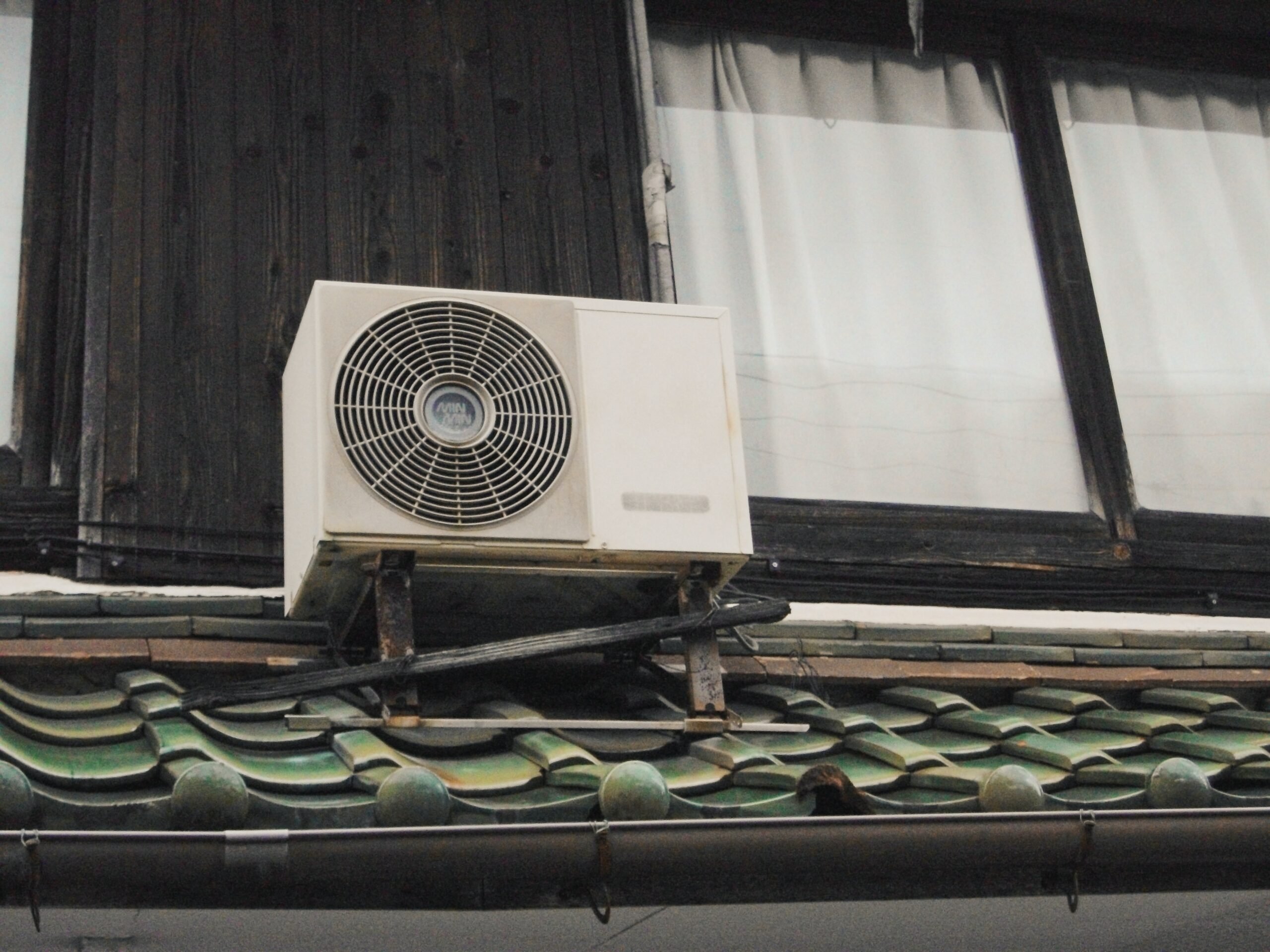The connection between air conditioning systems and our mental health is often overlooked yet incredibly important; the way we feel emotionally can be significantly impacted by how hot or cold our environment is!
In this article, we’ll explore the role that air conditioning plays in affecting our emotional well-being, and why having an air conditioning system in our homes or offices is essential for maintaining good mental health.
1. Air Conditioning Helps Regulate Temperature And Humidity
Aside from regulating the temperature, air conditioning also helps keep humidity levels low. High humidity has been known to cause discomfort and agitation, leading people to feel grumpy or annoyed. This can be particularly problematic in homes where there are multiple occupants as everyone’s comfort level is impacted by the same environment.
Furthermore, air conditioning systems help clean and filter the air, which can reduce the presence of allergens and other irritants. This is one of many reasons why it is so important to have regular indoor air services conducted – including cleaning the filters!
This helps create a more comfortable atmosphere for everyone in the home, helping to keep emotions balanced and controlled.
In addition, air conditioning systems also work to dehumidify the air, making it easier to breathe even during humid weather. All these factors combined make air conditioning an invaluable tool when it comes to regulating temperature and providing a comfortable environment indoors.
2. Cold Temperatures Make Us Feel Stressed Out
It has been found that colder temperatures can raise cortisol levels in humans, which leads to feelings of stress and anxiety. Studies have also shown that people with higher cortisol levels are more prone to feeling overwhelmed and easily frustrated than those who stay at a comfortable temperature.
3. Hot Temperatures Make Us Feel Angry And Irritable
Research has revealed that when temperatures become too hot, it can have a significant impact on our moods and emotions. It not only leads to feeling angry or irritable but can even inhibit our ability to think clearly or focus on tasks.
4. Air Conditioning Can Create A Calming Atmosphere
A cool climate indoors doesn’t just reduce stress, but also creates an atmosphere conducive to relaxation. The presence of air conditioning can make people feel calmer, more centered and in control.
5. Air Conditioning Can Improve Sleep Quality
Research has found that cool temperatures are ideal for sleep, with the optimal temperature range being between 60-67°F (15-19°C). This can help people to fall asleep faster and stay asleep longer, leading to improved quality of rest.
6. Cool Temperatures Help Boost Productivity
Cooler temperatures have been found to increase alertness and productivity in humans. As such, it is not surprising that offices tend to keep their air conditioning set lower than residential homes as this helps employees focus on their work better.
7. Hot Temperatures Make Us More Prone To Mental Health Issues
It stands to reason that if hot temperatures make us angry and irritable, then over long periods of time this can lead to mental health issues. Studies have found that hotter climates can contribute to feelings of depression and anxiety in people who are prone to these conditions.
Research has shown conclusively that air conditioning is essential for preserving our mental health. It not only helps control the temperature and humidity levels, but it also lowers stress, enhances sleep quality, and keeps us awake and productive.
Also, installing an air conditioning system in our homes or places of business can prevent us from experiencing mental health problems. Hence, keeping excellent emotional and mental health requires having an air conditioning system. It’s not simply a luxury item; it’s actually a requirement!
Text taken from: https://bouncemagazine.co.uk






